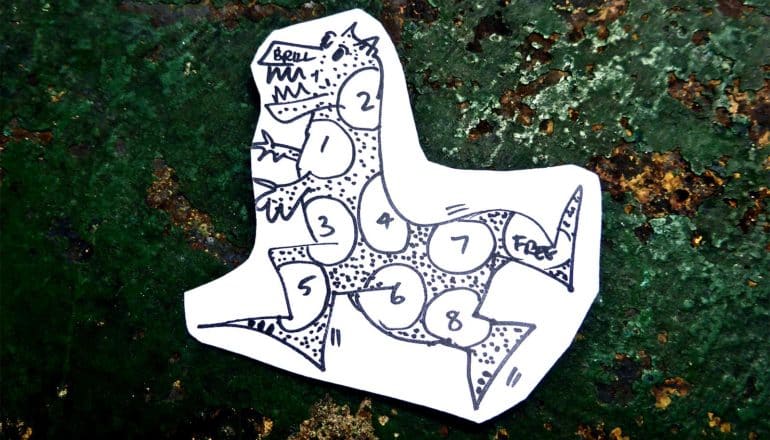
Simple loyalty programs can boost customer retention for businesses, researchers report.
When the US economy edges closer to normal following the global coronavirus pandemic, such programs may be a method to help businesses get back on their feet.
For their new study, the researchers looked at a loyalty program at a chain of men’s hair salons, collecting data on more than 5,500 customers. Under the program, for every $100 a customer spends, he receives a $5-off coupon.
“…the presence of the rewards program can make the customer feel emotionally connected to a particular firm…”
“This loyalty program did increase loyalty,” says Raphael Thomadsen, a professor of marketing at Washington University in St. Louis. “In fact, the size of the effect is incredibly large given the simplicity of the program.”
The program—also known as a rewards program—increased the lifetime value of the hair salons’ customers 29%, with more than 80% of that lift coming from increased customer retention, the researchers found.
The increased lift happened despite the fact that coupon redemption was low, suggesting that psychological factors rather than rational economic factors are driving the results.
“For example, the presence of the rewards program can make the customer feel emotionally connected to a particular firm, which leads to the customer visiting the firm more often,” the authors write in the paper, which will appear in Marketing Science.
The researchers didn’t study the response to loyalty programs during the current economic crisis. But they agree such a program could help businesses to recover.
“It is often easier for companies to get in touch with their loyalty program members than with other clients,” says coauthor Yulia Nevskaya, assistant professor of marketing.
“That is another benefit of having a loyalty program. The right tone and message and being sensitive to likely shifting needs of consumers during and after the COVID-19 epidemic should definitely help.”
Loyalty programs are popular at many businesses. Some programs, such as those for airlines and hotel chains which are complex and include multiple tiers, have proven quite successful. But a vast number of loyalty programs have more simple setups with no tiers.
Over time, managers and academics have questioned the efficacy of simple loyalty programs, finding they have little or no benefit, according to the paper. But previous studies contained a significant flaw, the authors say.
They measured the success of the programs by increased sales per customer visit or increased visits. The flaw? They didn’t measure the programs’ impact on keeping customers.
The managerial implications of the findings are clear, Thomadsen says. Many businesses are not going to implement complex loyalty programs, either because of the scale of their businesses—think yogurt shops, pizza parlors, coffee houses—or because they philosophically oppose setting up a tiered system.
“Our research suggests that even a simple program is likely to work well,” Thomadsen says. “Even if another business only gets half of the lift we get, a simple loyalty program will still add considerable value.”
Additional coauthors are from Rice University and Georgia State University.
Source: Washington University in St. Louis
The post Loyalty programs keep customers coming back appeared first on Futurity.
from Futurity https://ift.tt/3alIej6
No comments:
Post a Comment